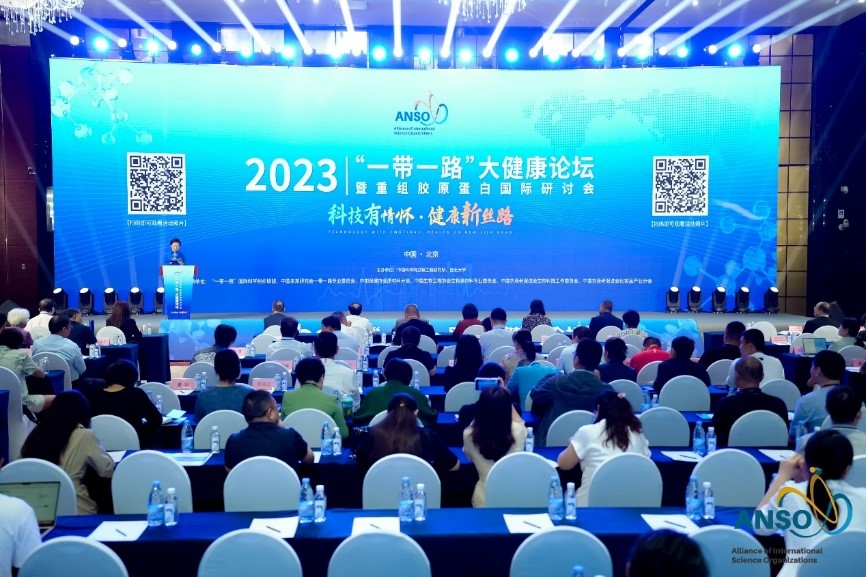NANJING -- Chinese scientists are building the world's largest multifunctional research platform for nano-science and nano-technology that could help develop more powerful computers and more intelligent robots.
The Vacuum Interconnected Nano-X Research Facility in Suzhou, Jiangsu province, integrates the state-of-art capabilities of material growth, device fabrication and testing in one ultra-high vacuum environment, said DING Sunan, deputy director of the project.
"We are exploring a new technology route of nano-scale devices production on the platform, which simulates the ultra-high vacuum environment of space," said DING, a researcher at the Suzhou Institute of Nano-Tech and Nano-Bionics under the Chinese Academy of Sciences.
Nano-X has received initial funding of 320 million yuan (about $46.5 million), and will eventually have a budget of 1.5 billion yuan.
Construction on the first stage began in 2014 and is expected to be completed in 2018. It comprises 100-meter-long ultra-high vacuum pipelines connecting 30 pieces of equipment. Ultimately the facility will have ultra-high vacuum pipelines of about 500 meters, connecting more than 100 large pieces of equipment, DING said.
Nano-X is designed as a complete system for materials growth, device fabrication and testing. All samples can be transferred accurately, quickly and smoothly among all tools in an ultra-high vacuum environment.
The facility can prevent surface contamination from the air, keeping a material's intrinsic properties unchanged and realizing quantum manipulation and control, said DING.
Experts say it will help make breakthroughs in common and critical problems in materials science and device technology, and develop new manufacturing technologies of nano-materials and core devices in the fields of energy and information.
Nano-X is expected to be incorporated into China's national research infrastructure system, and become a world-class open platform for research and development in nano-science and nano-technology, providing advanced technical support for the national strategy of high technologies. (China Daily)
 Search
Search




 京公网安备110402500047号
京公网安备110402500047号